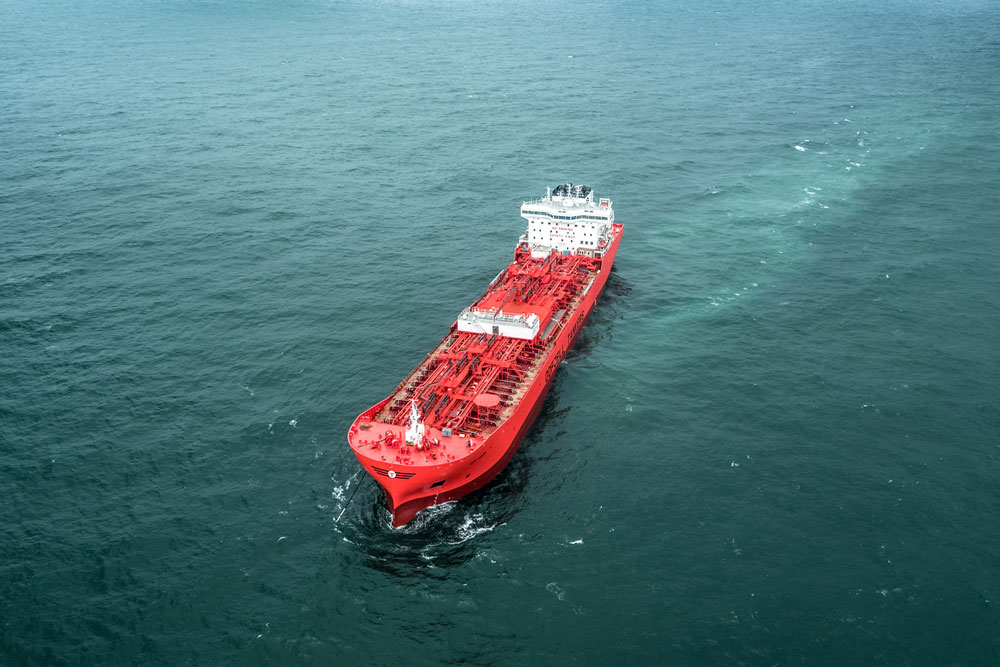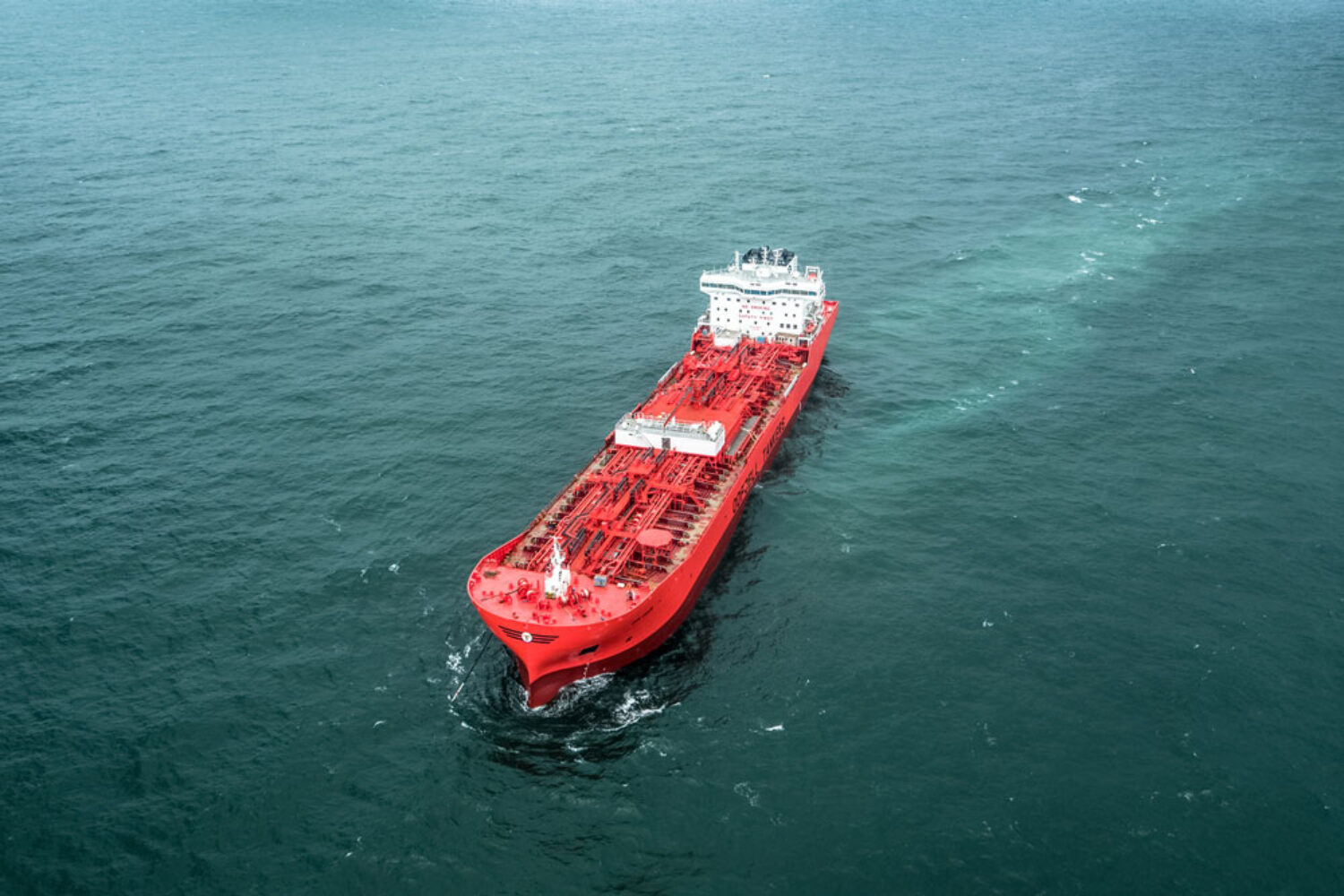The Norwegian company Odfjell has added six newbuildings to its fleet. Long-term time charter and pool contracts have been concluded for some of them.
This brings the total number of ships to twelve stainless steel vessels with a deadweight tonnage of 25,000 to 40,000 dwt. They are scheduled for delivery between 2024 and 2027[ds_preview].
With these contracts, Odfjell is continuing its long-term relationships with Japanese shipowners and shipyards, the company said.
The newbuildings will be built at several shipyards in Japan and are scheduled for delivery between the first half of 2026 and the first half of 2027. Two of the vessels will be 40,000-ton stainless steel chemical tankers with 28 tanks, while the other four will be 25-26,000-ton stainless steel chemical tankers with 24 tanks. All vessels will be able to transport a range of specialty liquid products.
Odfjell has purchase options
According to the company, the vessels will be integrated into Odfjell’s global trading relationships through a strategic combination of long-term time charter and pool agreements. The contracts are concluded on attractive terms and Odfjell has purchase options for the time-chartered vessels.
“We are pleased to announce these contracts as they further strengthen our fleet composition and confirm our growth ambitions. The collaboration between the shipbuilders, the suppliers and our team has resulted in customized vessels that are sustainable, efficient and cost-effective,” says CEO Harald Fotland. “This approach allows us to continue to provide exceptional service to our customers and optimize our operations without compromising our commitment to sustainability. We are introducing modern and sophisticated tonnage in a capital-efficient way.”
The acquisition of these modern vessels is a significant step in the company’s ambitious fleet renewal plan. According to Odfjell, its fleet is currently the most energy-efficient in the ocean-going chemical tanker segment. The company’s experts have played an important role in the design of the vessels to ensure that these newbuildings are as future-proof as possible.














